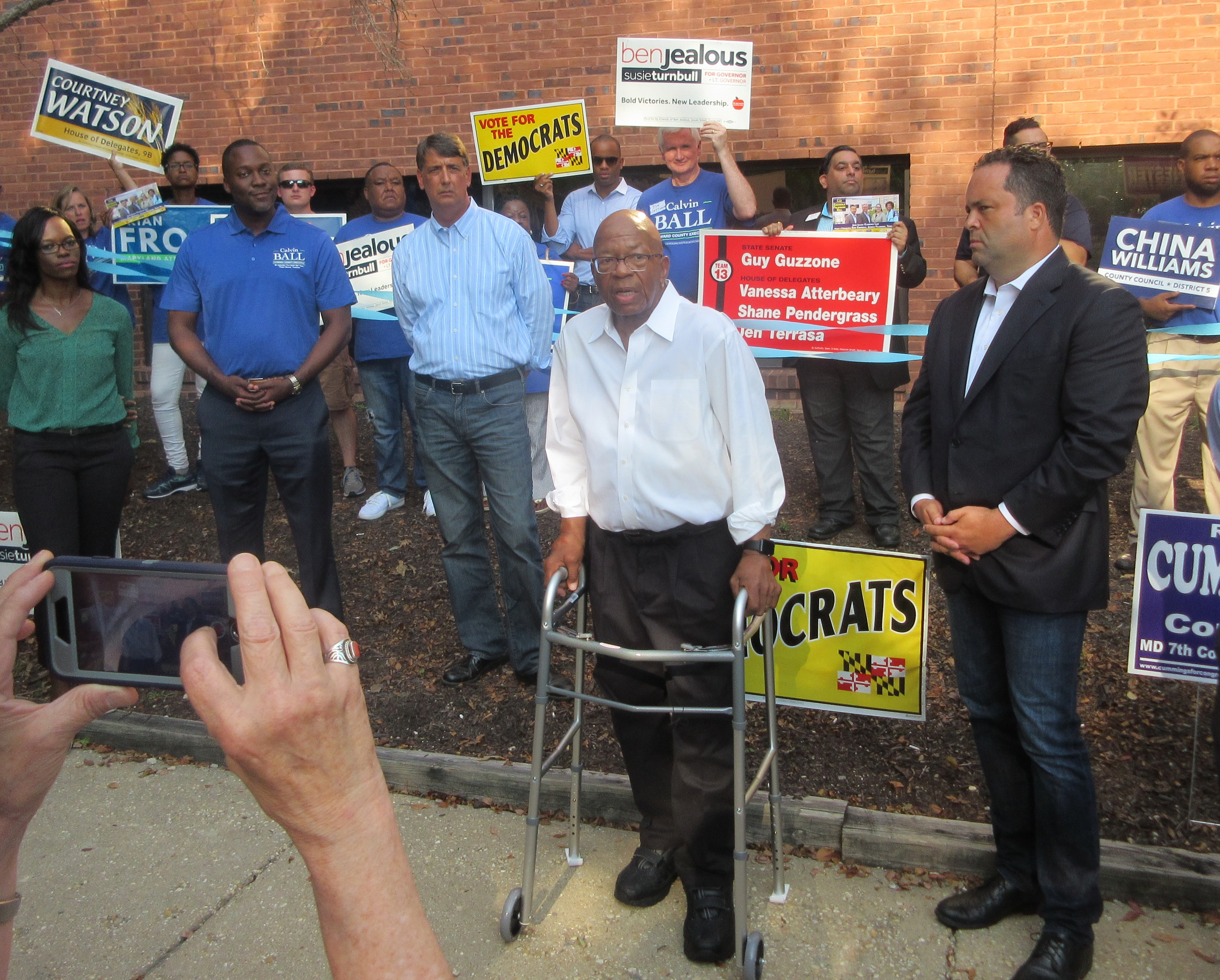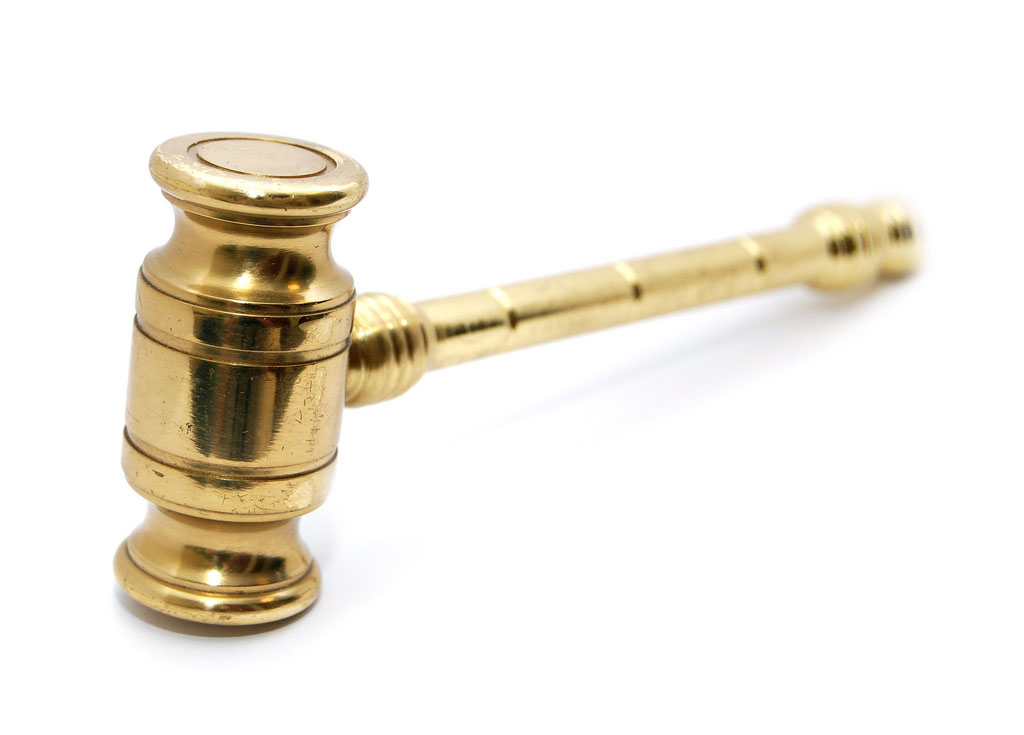By Megan Poinski
Megan@MarylandReporter.com
With property values – and property taxes – not projected to change much in fiscal year 2012, Del. Susan Krebs said that now is the time to reduce the maximum increase homeowners can see in their property tax bills.
According to current law, the state can increase property taxes on an owner-occupied home by only 10% each year, regardless of how much the home’s value increases. Krebs’ bill would reduce that maximum increase to 5% annually. Most counties have already capped their annual property tax increases at about 5%, and Krebs said it is fair for the state to do it also.
Krebs, a Carroll County Republican, has introduced this bill every year since 2007 and it has never made it out of committee. However, she told the House Ways and Means Committee on Wednesday that making this change now would not do much to lower the state’s bottom line since property values are depressed, .
It would, however, do a great deal for the taxpayers.
“Marylanders need fair and sustained relief,” Krebs said.
According to the fiscal note prepared by Legislative Services, the bill would post the biggest loss in property tax revenues — $1.2 million – in fiscal year 2013.
Because property tax revenues are not expected to get a great deal larger in the next few years, the prospective losses from this change shrink more in the years ahead.
Two tax installments
Another bill, allowing all commercial property owners to pay their property taxes in two installments, attracted more discussion and testimony. Del. Donald Elliott, a Republican representing Carroll and Frederick counties, said his bill, will help improve Maryland’s business climate.
The bill, which has 75 co-sponsors, would require state and local governments to accept two equal payments for a year’s assessed taxes on commercial property, as is now permitted on homes. The entity collecting the taxes could charge interest and a service fee on the second half of the tax payment, meaning that state and local governments might actually make more money. Meanwhile, Elliott said, the businesses will have more free cash flow to invest in services, people and innovation.
“We must stay competitive with our neighbors and the rest of the country,” he said.
Carolyn Cook of the Greater Baltimore Board of Realtors agreed.
“This gives access to resources that today they don’t have right now,” Cook said. “Now they will have capital they can use to meet payroll, and invest in more things that them make healthy and viable.”
The only opponent of the bill was Andrea Mansfield of the Maryland Association of Counties, who said that this might have the unintended consequence of leaving local governments with cash flow problems – even though they would not be losing any money. Mansfield said she would be willing to talk to delegates about potentially tweaking the interest rates and service fees in the bill.





Recent Comments